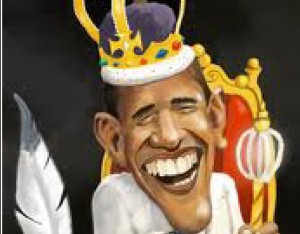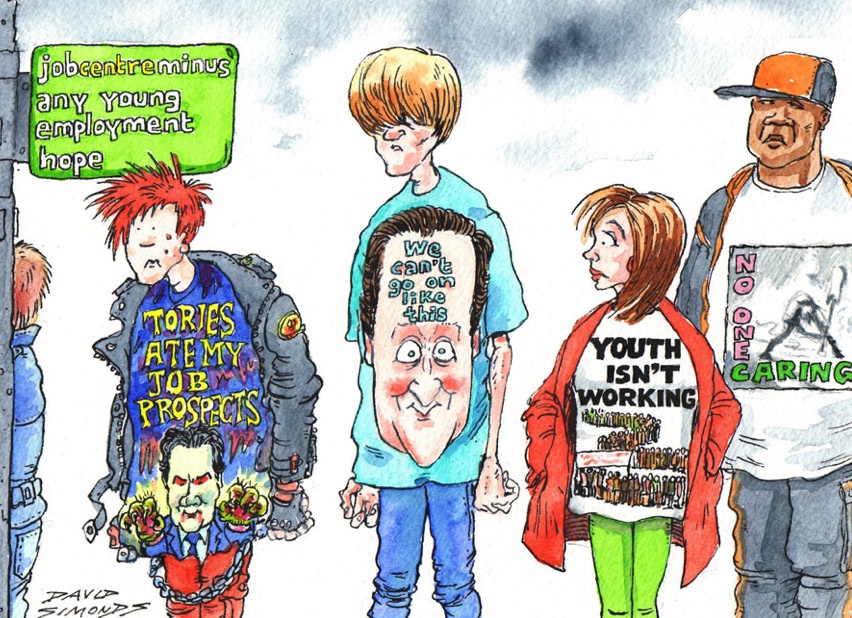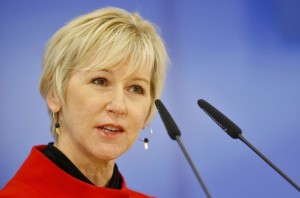Rod Hunter writes: When India’s prime minister, Narendra Modi, was on the campaign trail, he promised to improve the way the country is governed. Since taking office in May, he has strived to deliver. Recently, he declared that he wants to boost India’s position in the World Bank’s “Doing Business” survey, which assesses the regulatory climate in 189 countries. Modi’s goal is to lift India into the top 50 – a bold ambition given that the country currently sits at 142.
Cutting bureaucratic red tape can help foster a culture of entrepreneurship and dynamism. But putting in place an effective regulatory and enforcement infrastructure can be equally important, especially in areas where consumers have difficulty assessing the value of products and the risks they can pose.
In all countries – but especially in developing economies – a robust regulatory system is essential to building trust in the marketplace. Consumers need to know that the food they eat, the cars they drive, and the medicines they take are safe. Confidence in local products boosts domestic consumption and makes exports more attractive in foreign markets.
By contrast, a country riddled with regulatory shortcomings will find its arteries of commerce clogged and foreign investors spooked by unpredictable quality and unfair competition from unscrupulous producers. In developing countries, “poor quality regulation and implementation are formidable barriers to entrepreneurship and investment,” according to a World Bank report. “Regulatory failures expose people and the environment to horrific risks.”
As developing countries upgrade their regulatory systems, they should focus on closing legal gaps that put consumers at risk and undermine market credibility. In China, for example, the manufacturers of pharmaceutical ingredients can dodge drug regulation by claiming that their products will be used for non-medical purposes. Even as reputable firms ensure the quality of all their inputs, this loophole can allow unsafe products to enter the market, as occurred in 2008, when at least 81 Americans died after receiving doses of the blood thinner heparin that contained adulterated Chinese material.
By the same token, regulations should be based on international standards, where they exist. For example, American, European, Japanese, and other drug regulators have developed guidelines, through the International Conference on Harmonization, that take advantage of their collective expertise. Countries such as South Korea and Singapore are drawing on these guidelines to flesh out their own regulatory systems. As a result, their citizens will enjoy quick access to new medicines, and their researchers will find it easier to participate in global clinical research, a boon to domestic industries.
Because a regulatory institution can only be as effective as the people who work for it, another area of focus for developing countries should be training skilled staff. In China, fewer than 200 people work at the Center for Drug Evaluation, the agency that reviews applications for new drugs. By contrast, the United States Food and Drug Administration employs 4,000 reviewers, and the European Medicines Agency has 3,000. Predictably, China’s approval process for new drugs is one of the world’s slowest – eight years on average. As a result, patients are denied access to the medicines they need.
Building intellectual capital and institutional competence can take years, but it can be done. A decade ago, Japan’s drug-approval process was lethargic relative to that of other developed economies. The country made the safe acceleration of the approval process a high priority, and tremendous progress has followed. The median time taken to approve new drugs fell from 833 days in 2006 to 306 days in 2012, according to the London-based Center for Innovation in Regulatory Science.
For regulation to be truly effective, it must be backed by robust enforcement – with sanctions for noncompliance. That calls for a legal system that can adjudicate disputes and ensure fair, equitable, and timely treatment. For India, which has only 1.2 judges per 100,000 people (compared to 10.8 in the US), this will be a difficult challenge. According to the Supreme Court of India, in March 2012 the country had 31.2 million cases pending, more than 80% of them in lower courts. Such extraordinary backlogs have persisted – and can undermine the rule of law.
The world’s richer countries created their regulatory infrastructure over generations, during a time when there was little direct global competition. Emerging markets need to create theirs in a greatly compressed timeframe.
This will not be easy anywhere. It will require significant resources, and the process risks angering domestic companies that have become accustomed to a lack of regulatory oversight. But, if implemented correctly, sound regulation can strengthen countries’ growth capacity, while protecting citizens and improving their long-term living standards.











